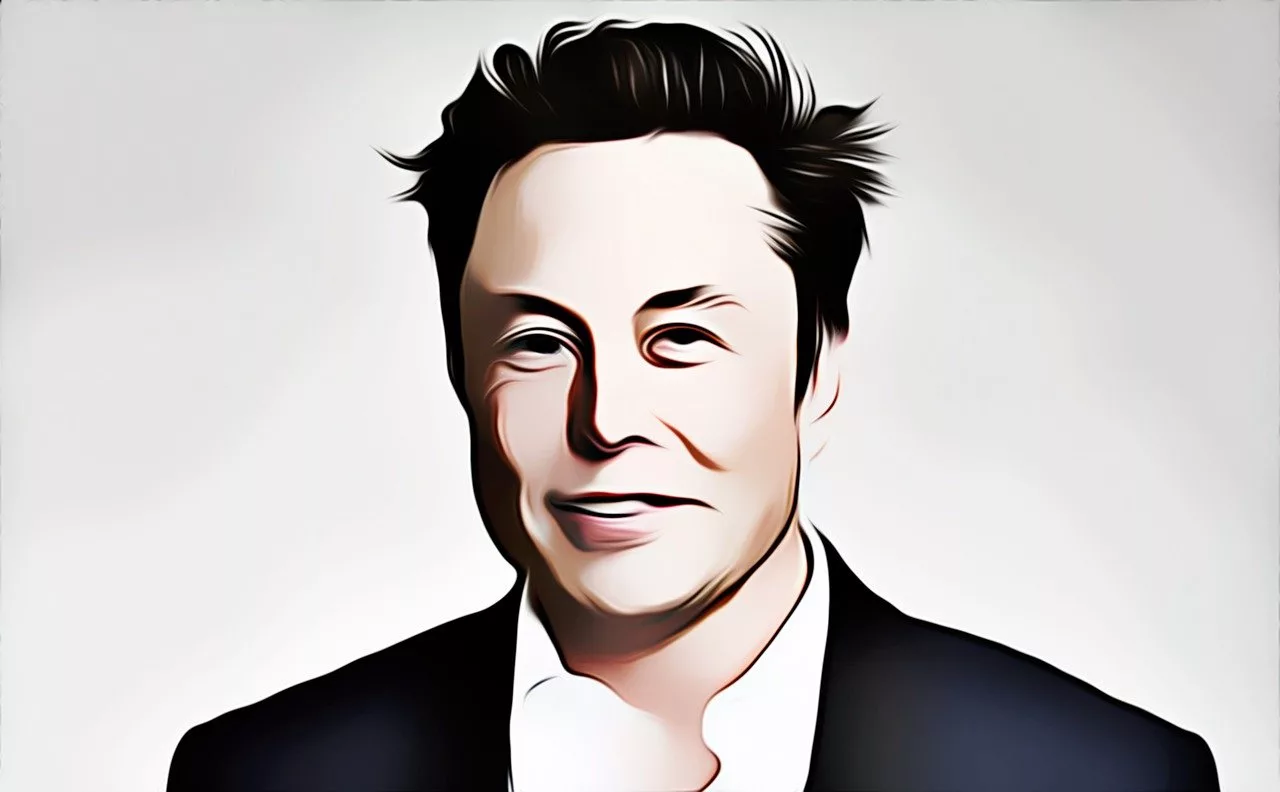Elon Musk, the CEO of Tesla, SpaceX, and xAI, has issued a stern warning against Apple following the company’s announcement at WWDC 2024 regarding new OpenAI chatGPT integrations. Musk took to X, formerly Twitter, to express his discontent, threatening to ban iPhones from all his companies if Apple continues with its plan to integrate OpenAI at the operating system level. He suggested that visitors to his companies would have to check their Apple devices at the door, where they would be stored in a Faraday cage.
Concerns Over User Privacy
Musk’s posts on X reflect his belief that the integration of OpenAI into Apple’s operating system could compromise user privacy. Despite Apple and OpenAI’s assurances that users will be asked for permission before sending any questions or documents to ChatGPT, Musk remains skeptical. He fears that such deep integration could allow OpenAI to access a wealth of personal and private data stored on Apple devices.
How Apple’s Integration Works
In iOS 18, users can ask Siri questions, and if ChatGPT can provide a better answer, Siri will ask for user permission to share the question and present the response directly. This integration allows users to access ChatGPT without needing to open the ChatGPT app. The same process applies to sharing photos, PDFs, or other documents with ChatGPT.
Elon Musk, however, prefers that OpenAI’s capabilities remain confined to a dedicated app rather than being integrated into Siri. He responded to a post from Sam Pullara, CTO at Sutter Hill Ventures, who explained that OpenAI does not have direct access to the device but rather operates on a per-request basis with user approval. Musk retorted, “Then leave it as an app. This is bullshit.”
Industry Reactions
The industry’s response to Apple’s integration has been mixed. Marques Brownlee, a prominent YouTuber, explained that Apple ensures user privacy by handling requests and information securely. Musk responded, “Apple using the words ‘protect your privacy’ while handing your data over to a third-party AI that they don’t understand and can’t themselves create is not protecting privacy at all!”
Musk’s comments also targeted Apple CEO Tim Cook directly, threatening to ban Apple devices from his companies unless Apple stops what he called “creepy spyware.” He argued that Apple’s reliance on OpenAI indicates a lack of internal capability to develop its own AI, making it incapable of ensuring data security once it is handed over to OpenAI.
ChatGPT Integration Details
Apple’s new integrations will allow users to utilize ChatGPT system-wide within writing tools via a “compose” feature. Users can ask ChatGPT to write documents, generate images, and more, without needing to create an account. This frictionless access is expected to drive a massive influx of requests from Apple users, benefitting OpenAI.
Apple asserts that user requests and information are not logged, and ChatGPT subscribers can connect their accounts to access paid features directly within Apple’s AI services. Apple SVP of Software Engineering Craig Federighi emphasized that users remain in control over when CHATGPT
T is used and will be prompted before any information is shared. These features will be available on iPhone Pro 15 models and devices with M1 or newer chips.
OpenAI also reiterated that requests are not stored and users’ IP addresses are obscured. Users can opt-in to connect their ChatGPT accounts, applying their data preferences under ChatGPT’s policies.
The Future of AI Integration
Musk’s vocal opposition to Apple’s AI integration strategy underscores a broader debate about privacy and the role of AI in consumer devices. While Apple aims to enhance user experience with seamless AI assistance, Musk’s concerns highlight the potential risks of deep AI integration. As Apple moves forward with its plans, it will need to address these privacy concerns convincingly to maintain user trust and avoid potential conflicts with influential figures like Musk.
In conclusion, the unfolding situation between Elon Musk and Apple over ChatGPT integrations showcases the complexities and challenges of integrating advanced AI technologies while safeguarding user privacy. As the tech industry evolves, balancing innovation with security will remain a critical focus for companies like Apple and OpenAI.
More News: Tech News


